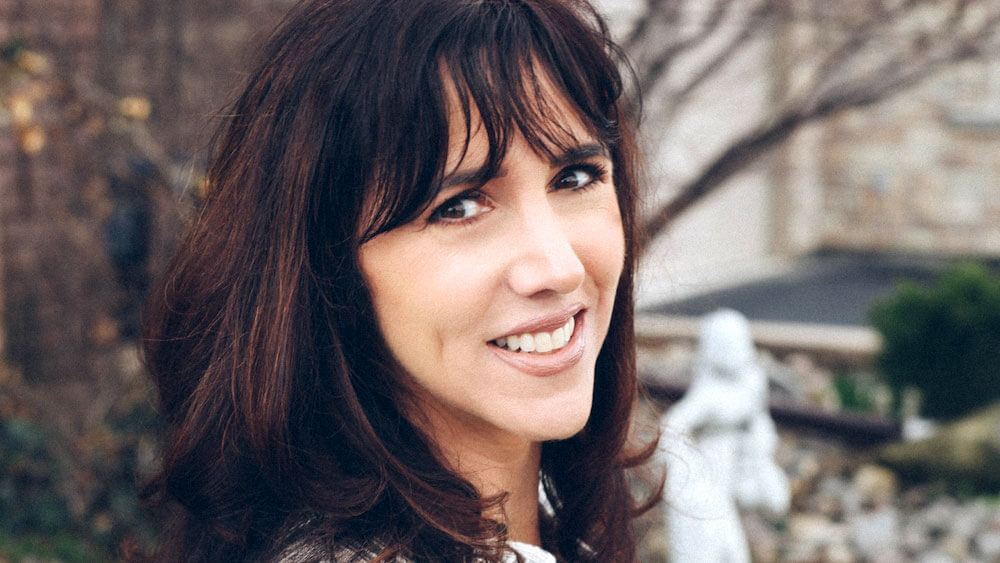
Tahira Endean and Joe English will lead a Deep Dive Studio workshop, “Creating Events that Cater to all Types of Leaners,” at PCMA Education Conference in Los Angeles.
Tahira Endean, CMP, DES, CED, head of events at SITE (Society for Incentive Travel Excellence), and author of Intentional Event Design: Our Professional Opportunity, didn’t set out to be an event professional. But after spending twelve years as a hair stylist and following an intensive surgery on both arms, she switched careers and attended Thompson Rivers University for her event management diploma. Since then, she’s gone on to produce hundreds of events across three continents — human-centered events that draw on her fascination with neuroscience and the power of the five senses to enhance memory.
Convene talked to Endean about what brain-friendly design really means, and what Education Conference workshop participants will take away from her session.
Intentional Event Design includes seven intentions needed to create better, more “brain-friendly” events. Can you tell us what that means?
It’s really looking at how do we use all five senses, and then understanding how we respond to things. How does fight or flight work? How do we create environments where people feel safe and included and able to participate? How do we create environments that smell good and feel good and taste good — really that’s what we start to look at as being brain-friendly.
Knowing how we can use lighting cues, sound cues, music, the way that we can shift energy in a room, how we can create different kinds of seating patterns, how we can just really find ways for people to connect, again, just by understanding that we arrive with these responses. We know that we react to something within nanoseconds, so it’s really incumbent upon us as event professionals to [understand], from the very beginning, from the time that you register to what your experience is going to be when you come on site, knowing how you’re going to land at the airport, how you’re going to get from the airport to where you’re going to be staying, to your event venue.
What are the top takeaways you hope that attendees will leave with following your Education Conference session?
It’s about creating all-inclusive learning environments. How do we start to cater to different types of learners? People will 100-percent leave our session really feeling that they have good tools to think about different styles of learners and the different kinds of environments and tools that they can use.
What are some markers of a successful event?
For me, success is when people can come away and say, not, “I scanned a bunch of badges,” or “I collected a bunch of business cards,” but where they can say, “I had ‘x’ number of meaningful conversations that I feel are going to help me in my future.” When they say, “I learned applicable takeaways that I’m going to go back to my job and be able to do something with.”
We really need to be coming back with something that is a giveback of us, and a giveback for the people around us. Those are the kinds of markers that I look at. When we start to evaluate things, it’s not, “Was the food good?” It was, “Was the food nutritious? Did I feel better for eating it?” If I’m someone who needs quiet space, was there somewhere I could go and have some quiet space and some reflection, and some time to just absorb what I have learned without being bombarded with continuous new information or people wanting to talk to me and get something from me?
It really is about building those different touch points that are going to allow people to move through an experience. It’s a multiple-day experience in ways that give them energy and nourishment for their mental, physical, emotional selves.
What are some new trends in the events industry that you think we’ll see in the next year and beyond?
I think we’re going to continue to see Vegetable of the Year, which I think is really fun. I think we are going to continue to see more emphasis on social, environmental, and economic responsibility, because we have to. That whole climate change thing is real, and we have the power to have an impact on that, literally with every event that we do. I think that we are going to continue to see, as we get more and more embedded in technology, a greater need for face-to-face and just those human connections. There are lots of things we may purchase online, but at the end of the day, when we’re doing our big life-changing purchase decisions or major decisions for the groups that we’re working with, we’re doing those based on personal relationships.
I think that we’re going to continue to see that, even as we get into our younger and younger generations who are digital natives, that they are … going to be the ones that have no problem putting their phones down, looking somebody in the eye, and being ready to have a conversation.
At PCMA EduCon
Tahira Endean and Joe English will be leading a Deep Dive Studio workshop, “Creating Events that Cater to all Types of Leaners,” at PCMA Education Conference 2019, held in Los Angeles, June 25–28.
